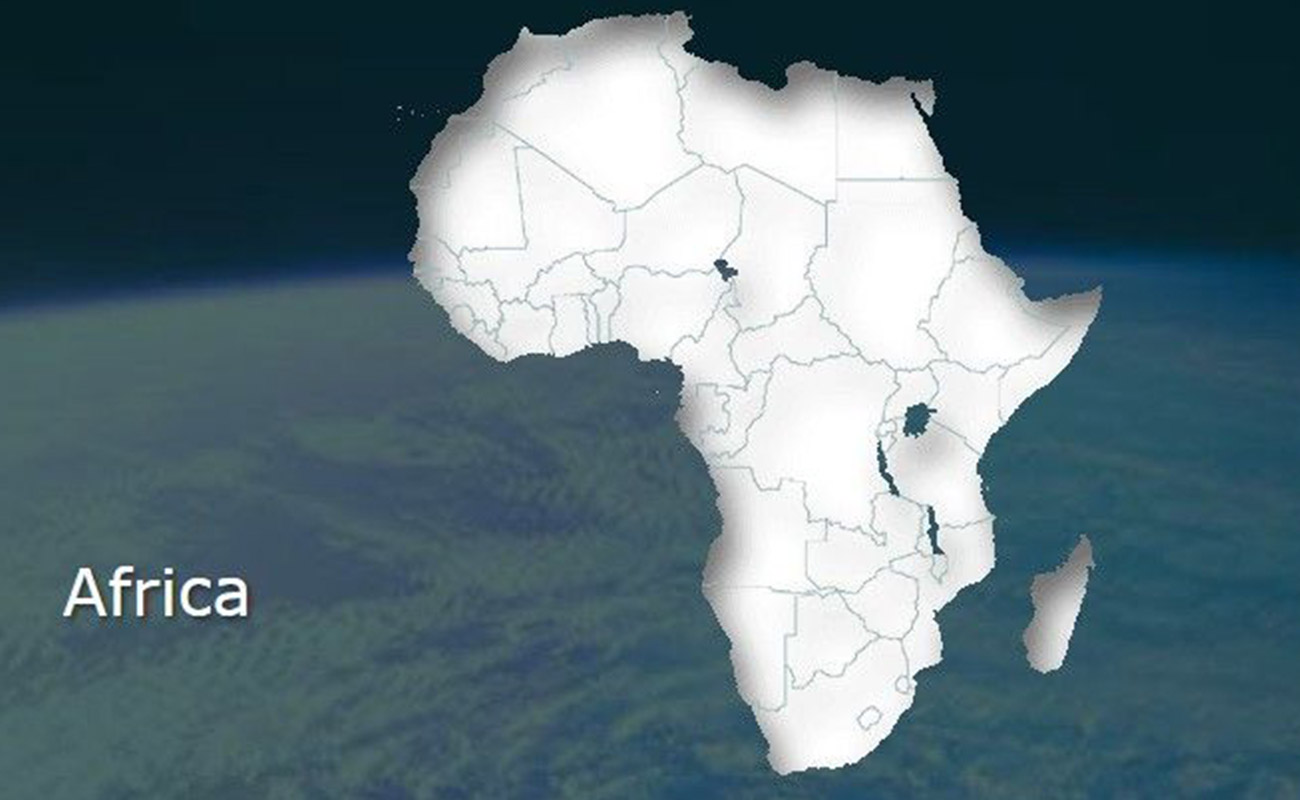
By Assam Francis
The global debate over democracy’s universality has intensified as African nations grapple with the limitations of imported Western democratic frameworks. Despite three decades of multiparty elections across the continent, many African states continue to struggle with institutional fragility, electoral violence, and legitimacy crises that suggest something fundamental may be missing from the current approach. As constitutional manipulations persist from Togo to Uganda, and youth-led protests demand genuine democratic change from Nigeria to Kenya, a provocative question emerges: could Africa forge its own authentic democratic model, one that draws from indigenous governance traditions while meeting contemporary challenges of accountability and inclusion?
Recent developments across the continent suggest that such reimagining is not only possible but increasingly necessary. The 2024 elections witnessed significant democratic victories in countries like Senegal, Botswana, and Ghana, where citizens peacefully chose change, yet these successes coexist with persistent authoritarian drift elsewhere. This paradox points to the need for more than procedural democracy, it demands what the recent Pretoria Consensus calls substantive democracy rooted in local realities and values.
Historical Foundations of Democracy in Africa
Long before European colonization, African societies possessed sophisticated participatory governance systems that embodied democratic principles through different structures. Among the Akan of Ghana, traditional political systems emphasized consensus-building where the chief’s pronouncements reflected collective decisions of council members rather than autocratic decrees. The Tiv society of Nigeria operated through segmented kinship structures where decision-making revolved around consultation at multiple levels, from family compounds to extended family units ensuring direct or indirect participation by all community members.
Similarly, the Yoruba political system in the Oyo Empire featured checks and balances through the Oyomesi (legislative council), while the Ogboni society provided additional regulatory oversight. These systems demonstrated core democratic values: accountability, participation, transparency, and representation, challenging colonial narratives that dismissed African governance as inherently undemocratic.
The Ubuntu philosophy, prevalent across Southern and Eastern Africa, provided the ethical foundation for governance based on interconnectedness and collective responsibility. As contemporary studies reveal, Ubuntu enables a collective-decision-making account while espousing transparency and accountability to the common good. This humanist approach emphasized that leadership derived legitimacy from serving community welfare rather than accumulating personal power.
The Western Template and its Limitations in Africa
The transplantation of Western liberal democracy, with its emphasis on multi-party competition, periodic elections, and separation of powers, has produced mixed results across Africa. While these institutions function in some contexts, they often clash with local realities of communal solidarity, informal authority structures, and diverse ethnic configurations inherited from colonial boundary-making.
Electoral violence has become a persistent feature of African democracy, affecting approximately 20-25 percent of elections and eroding public faith in democratic processes. The 2023 Nigerian elections, despite technological innovations like the Bimodal Voting Accreditation System, were still held amid difficult environment characterized by widespread insecurity, electoral fraud, and violence. Similar patterns emerged in Kenya, where electoral crises have repeatedly triggered violent conflicts.
Constitutional manipulation represents another challenge, as leaders from Faure Gnassingbé in Togo to Yoweri Museveni in Uganda exploit formal amendment processes to entrench themselves in power. These “constitutional coups” reveal how Western institutional forms can be captured and distorted when they lack deep social legitimacy.
The problem extends beyond electoral mechanics to fundamental questions of legitimacy. West African electoral violence demonstrates weak institutions, ethno-political rivalries, and the exploitation of identity divisions by political elites , pointing to deeper structural issues than can be addressed through institutional reform alone.
Towards an Authentic African Model of Democracy
Consensus-building over majoritarianism represents a fundamental shift from winner-take-all electoral systems toward decision-making processes that seek broad community agreement. As traditional African political thought emphasizes, the focus was on the need to reach an acceptable consensus through discussions to accommodate minority groups and views to avoid majority group dictatorship. This approach could reduce political polarization and enhance legitimacy.
Community representation that bridges formal and traditional institutions would create governance systems that recognize both elected officials and traditional leaders as legitimate representatives of community interests. Uganda’s model of combining cultural kingdoms with parliamentary democracy, despite its limitations, points toward possibilities for such integration.
Youth inclusion and technology integration acknowledge that Africa’s predominantly young population requires new forms of political participation beyond traditional voting. The success of youth-led movements like Nigeria’s #NotTooYoungToRun campaign, which reduced age requirements for political office and led to increased young candidates in 2023 elections, demonstrates the potential for expanding democratic participation.
Accountability through communal ethics would embed governance in moral frameworks like Ubuntu that emphasize leaders’ responsibility to the collective good rather than narrow constituency interests. Recent research suggests that Ubuntu’s emphasis on collective welfare and ethical leadership can mitigate corruption by aligning governance with indigenous values.
Rethinking Democracy Beyond the Nation-State
Current African borders, being colonial constructs, often encompass diverse ethnic groups whose allegiances transcend state boundaries. This reality suggests possibilities for regional approaches to democracy that work with rather than against these cross-border connections.
The Economic Community of West African States’ (ECOWAS) intervention in Gambia during the 2016-2017 constitutional crisis exemplifies regional democratic enforcement. When President Yahya Jammeh refused to accept electoral defeat, ECOWAS successfully threatened military intervention to ensure democratic transition, with backing from the African Union and United Nations. This “African solution to an African problem” demonstrated how regional institutions can protect democratic outcomes.
The African Charter on Democracy, Elections and Governance, while imperfectly implemented, provides a continental framework for democratic norms that goes beyond individual state boundaries. Recent capacity-building workshops, such as the May 2025 session in Nairobi, show continued commitment to strengthening this regional approach to democratic governance.
